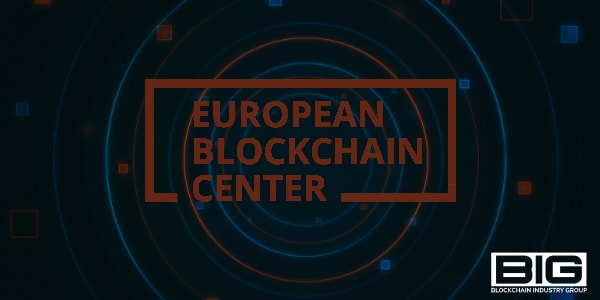
Located at the IT University of Copenhagen, the European Blockchain Center promotes a partnership across industries and disciplines to support blockchain-based solutions. The Center’s partners include the Copenhagen Business School, the University of Copenhagen, Aalto University, and the Stockholm School of Economics.
Established in 2017 by Professor Roman Beck, the Center spearheads research projects, including those at the PhD level. Offering in-house workshops, the Center also leads in global education for executives concerning blockchain technology. Also, the Center is a participant and representative in standardization discussions.
The Center has created the Blockchain Summer School held annually in Copenhagen. The Summer School includes lectures from academics and corporate leaders. This multidisciplinary approach covers all aspects of blockchain technology, from implications for industry and society to potential pitfalls, as well as immediate practical applications.
The Summer School hosts a hackathon, where participants develop their own solutions. Some of these ideas lead to further development and implementation. Attendees discuss real use cases in supply chain and finance industries. Also included are discussions concerning the governmental impact of blockchain technology. One of the many benefits seen in the Summer School is the student input that helps improve real-world implementation of applications and reframes current challenges.
The Center has published many studies on topics such as “Governance in the Blockchain Economy,” “Beyond Bitcoin,” “Blockchain Technology in Business and Information Systems Research,” “Automated Execution of Financial Contracts on Blockchains,” “Proof of Stake Blockchain,” and “A Blockchain Based Approach Towards Overcoming Financial Fraud in Public Sector Services.” These are just a few of the many topics researched and published by the Center. These publications reflect the benefits of collaboration between academic approaches and practical applications that is the hallmark of the Center.
The Center also provides a curated section of its website called Blockchain 101. This section provides an introduction to blockchain, decentralized databases, and smart contracts. Also included are discussions of blockchain application to real use cases, including Maersk, Georgian and Swedish land registry, corruption in Ukrainian government, and medical records in Estonia and Dubai. For visitors with a more technical and scientific background, this section also shares technical articles on topics including consensus mechanisms and data structure. The Center’s website also highlights events, news, podcasts, and opportunities that would be of interest to visitors.
Through public and private collaboration, the Center is leading the way for similar initiatives worldwide. By bringing academic research and practical applications together, the Center is in a position to help the economy, governments, and societies to meet blockchain-related challenges head on, and move the blockchain industry to the next level.
By Janet Eriksson, BIG Writer



